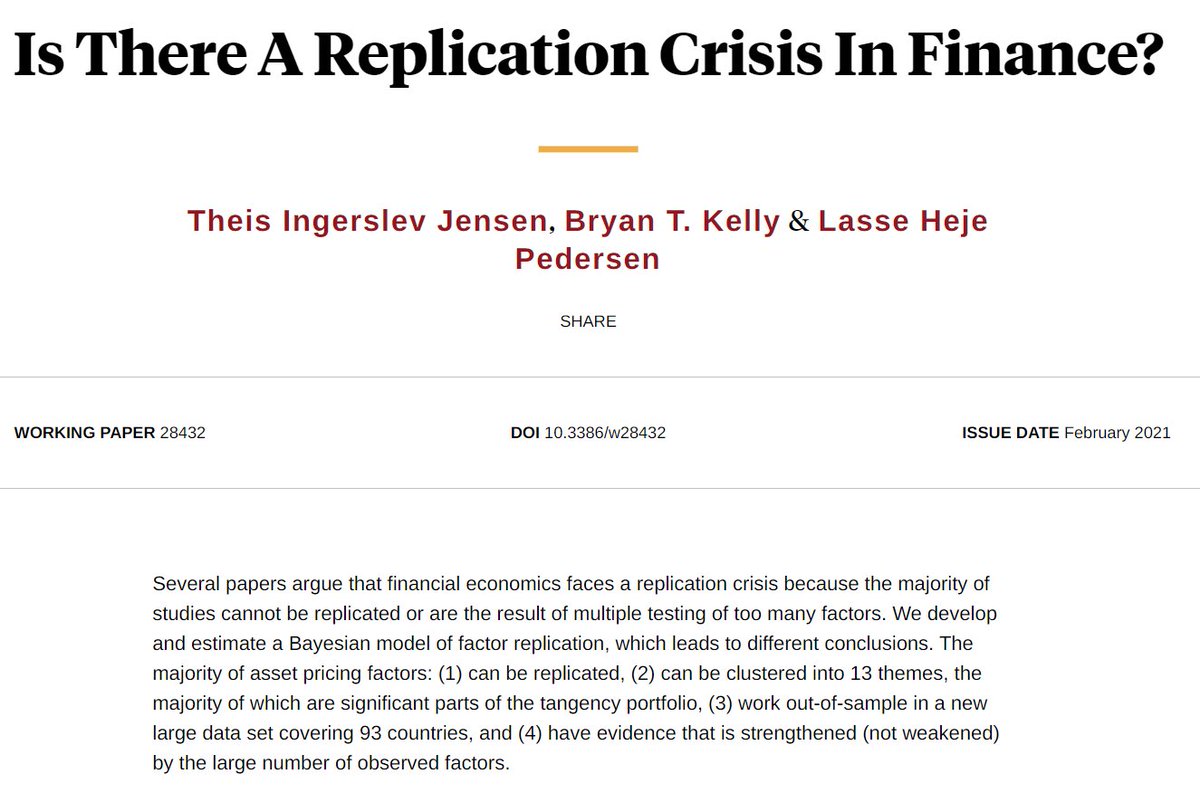
Fun fact: there is a financing trick called a "seller carryback", or just "seller financing". Where you buy a house/business/etc., with money borrowed from the house seller. Pretty popular in real estate and small business world, apparently. Here's how it works.
Suppose you see a small business, say, this car wash. It makes $80k a year. You think you could run it more efficiently, to produce say $120k a year. You want to buy it from the owner for say $2mil. However you don't have $2mil, you need financing 

Suppose you can't find a bank to lend you money to buy the car wash. You can instead buy the car wash with money borrowed from the car wash owner. That is, you pay the owner $2mil, but you immediately borrow $1.5mil from them, that you pay off at, say, 4% annual interest or so
End result: you pay the owner $500k now, and $1.5mil over time. The loan is secured by the car wash, which the owner sold you.
From your perspective, you get financing, same as if you went to a bank.
From your perspective, you get financing, same as if you went to a bank.
From the owner's perspective, they transformed their risky business cash flow into some money upfront, and then a safe cashflow collateralized by the business. The owner's debt has seniority over your equity, so the owner is now paid as long as you don't go under
(Some things I glossed over for simplicity: apparently often owner financing will be combined with bank financing, so it won't be either-or. Also, I've heard anecdotes on these online, but don't have data on how prevalent)
It is kind of an interesting economic question why such a contract should exist. Why would financing occur in a decentralized manner, instead of through financial intermediaries who presumably have lower costs of monitoring, screening, contracting, financing?
Obvious guess is banks are old-fashioned, over-regulated, out-of-date and don't make profitable lending opportunities. But maybe another hypothesis is that decentralized contracting contributes to solving an information asymmetry.
When you buy the car wash, you don't know for sure whether it's any good. Could be going downhill, cooked books, etc.
The seller knows more than you do about whether the car wash is sound: there's an information asymmetry issue
The seller knows more than you do about whether the car wash is sound: there's an information asymmetry issue
By offering you financing, the seller gives you information about the quality of the collateral (the car wash). In particular, they're willing to get paid in the future, using revenues from the car wash.
If the car wash totally goes bust, you can theoretically stop paying the debt, default, walk away and leave the original owner with her car wash
So by offering you financing, the seller is essentially giving you a credible signal - by keeping some of the downside risk - that they expect the car wash to be able to produce eventually $1.5mil to pay down your debt to them! Potentially alleviating some of the info asymmetry
It may not eventually be worth anything more than that $1.5mil, but that's your problem buying it from the seller in the first place
LMK anyone if I got any of the details wrong. Not really a corp fin guy, just sharing + speculating about something fun I read about
@AYBodnaruk points out another good reason I missed: original owner has higher repossession value
https://twitter.com/AYBodnaruk/status/1363527944677822464
Also see @stroebel_econ's paper on this in the residential mortgage market
pages.stern.nyu.edu/~jstroebe/PDF/…
pages.stern.nyu.edu/~jstroebe/PDF/…
• • •
Missing some Tweet in this thread? You can try to
force a refresh








